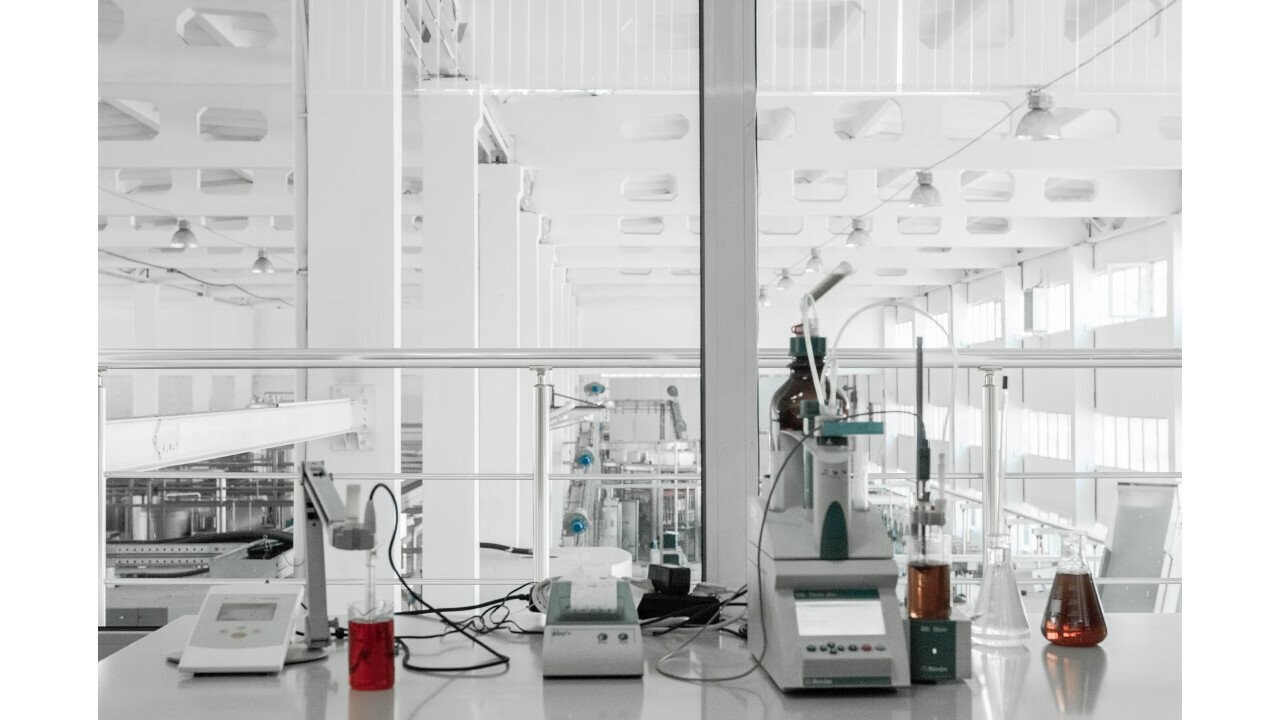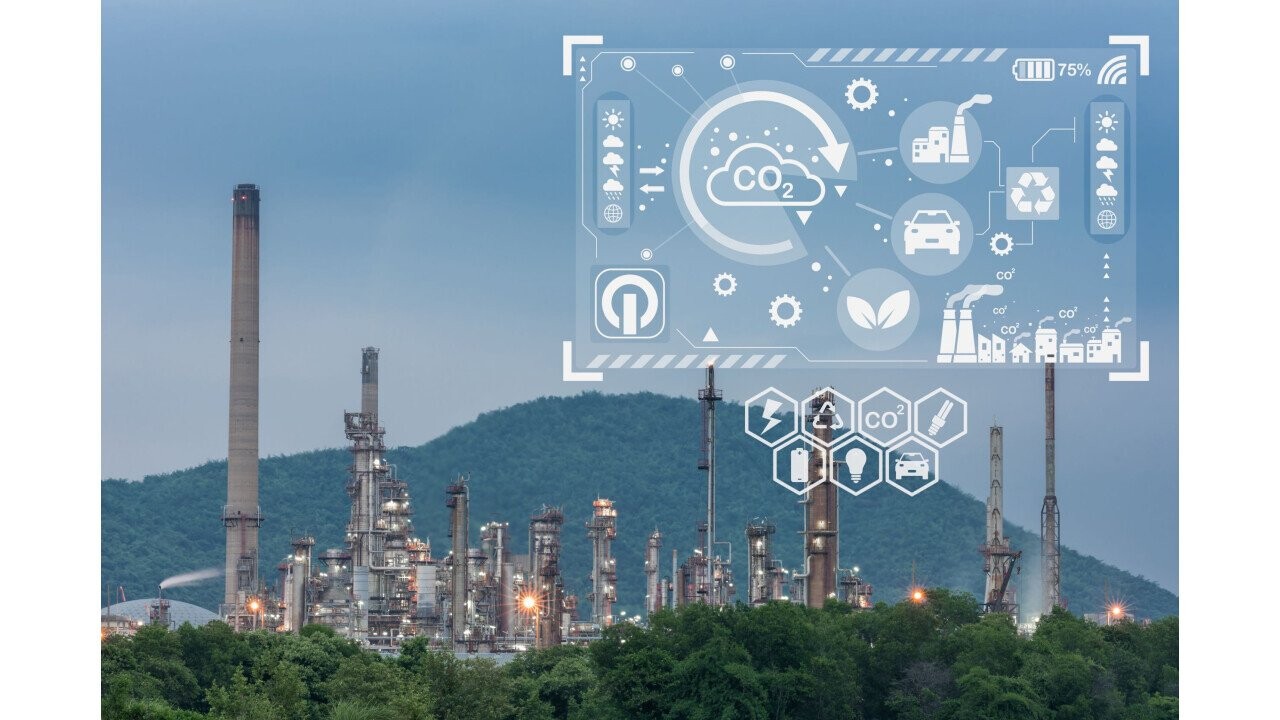Reforestation is one of the best things we can do for our climate. However, not every new forest results in a cooling of the atmosphere. And the following also applies to chemical and pharmaceutical production.
The desired contribution to combat global warming can only be achieved with well thought-out process optimisation.
This begins with the raw materials. Instead of the fossil reactants originating from crude oils, sustainable alternatives will be used in the future: less ethene, which is currently the no. 1 used platform chemical, and instead more lactic acid, 5-hydroxymethylfurfural (5-HMF) and phenol from biomass.
Instead of plastics based on polyethylene and polypropylene, we will acquire plastics made from polylactic acid in the future. The platform chemical furandicarboxylic acid is obtained from 5-HMF, thus tapping into a wide range of C6 molecules (i.e., with six carbon atoms), extensive furan chemistry, as well as a route to polyethylene terephthalate-like plastic (PET).
These fundamental changes to the chemistry of the raw materials shift the properties of the products as well as the processes. In short: No stone is left unturned when it comes to basic chemistry and this will be carried forward to specialty packaging and pharmaceutical packaging made of plastic or composites.
This means that the current phase of radical change comes down to two things: In the short term, running processes will need to be fine-tuned. For this to happen, all modern tools are available, from comprehensive control and regulation technology to the intelligent compressor, which automatically reduces its energy consumption in partial-load operation. In the medium term, process technology must be tailored to the changed chemical world – with renewable raw materials being the foundation. This includes, among other things, laboratory and process analysis, which takes into account the fluctuating qualities of natural raw materials.
Ilmac places its comprehensive focus on future chemistry. Read more reports on our blog: https://www.ilmac.ch/en/blog/



